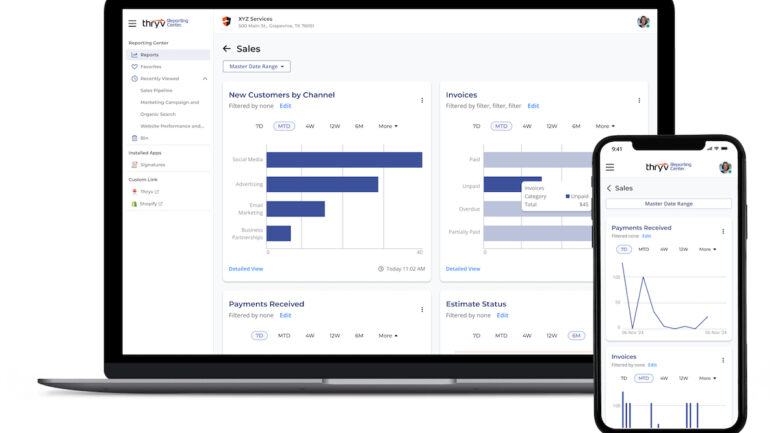Artificial intelligence is poised to transform labor-heavy industries such as consulting, accounting, and legal services—sectors worth an estimated $5 trillion globally—by enabling software-like margins and reducing dependence on human labor, Mayfield Managing Director Navin Chaddha told TechCrunch.
Chaddha said if 80% of the work is done by AI, companies can achieve gross margins of 80% to 90%. He added that Mayfield has earmarked $100 million from its latest fund specifically for companies building AI teammates.
Don’t Miss:
Chaddha told TechCrunch that startups should target underserved small and midsize businesses rather than attempt to compete directly with consulting giants like Accenture (NYSE:ACN), McKinsey, or Tata Consultancy Services. He said 30 million small businesses in the U.S. and 100 million globally often lack access to traditional knowledge workers.
Instead of billing hourly or monthly, Chaddha said AI-first companies could use event-based pricing—charging per service delivered, such as a completed project or triggered event.
Chaddha said Mayfield led the $20 million Series A round for Gruve, a security-focused consulting startup. According to TechCrunch, Gruve acquired a $5 million managed services business and scaled it to $15 million in revenue within six months.
The company uses outcome-based pricing, charging only when a security event occurs, and has reportedly achieved gross margins of around 80%.
Chaddha highlighted that Gruve’s approach resonated with clients like Cisco Systems (NASDAQ:CSCO), who prefer paying only when results are delivered. “They say, ‘Hey, I’m not getting hacked. Why am I paying for all these security people?”
Trending: Invest early in CancerVax’s breakthrough tech aiming to disrupt a $231B market. Back a bold new approach to cancer treatment with high-growth potential.
Chaddha told TechCrunch that legacy firms like McKinsey and Accenture face an innovator’s dilemma: shifting from retainers and hourly billing to AI-driven, outcome-based pricing risks disrupting their predictable revenue streams.
He said this hesitation gives AI-first startups a critical window to scale before incumbents adapt.




